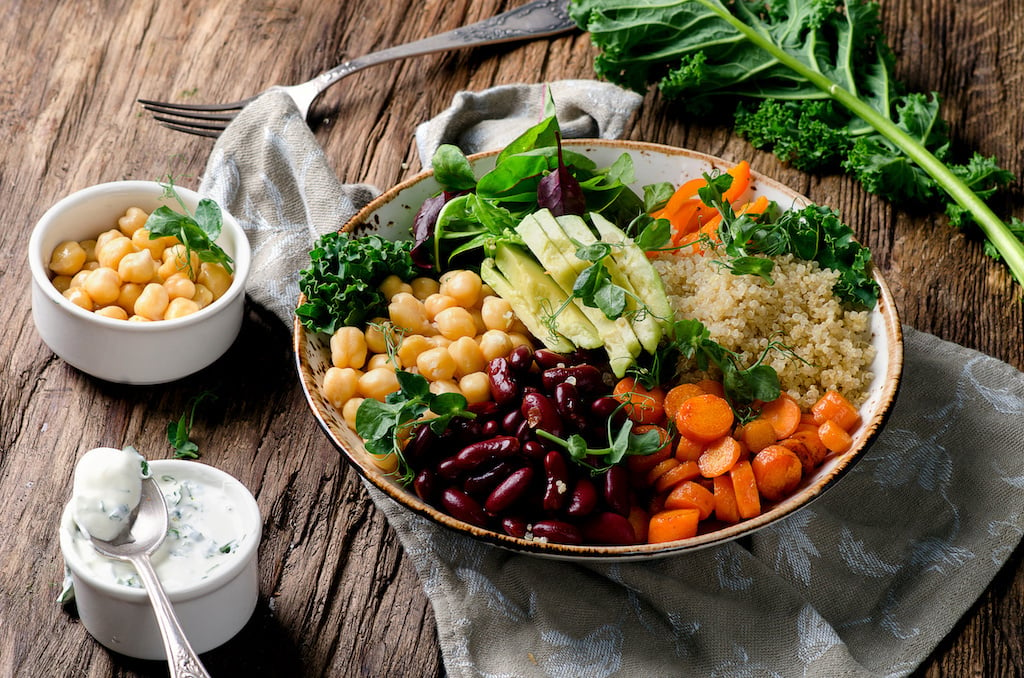People in Malaysia are being urged to reduce the amount of meat they consume to lower the risk of developing serious illnesses. This includes cancer, heart disease, and chronic kidney disease.
The advice comes from Dr. Shashikala Sivapathy, a nutrition and wellness lecturer at the University College Sedaya International. A member of the faculty of applied sciences, she made the announcement after analyzing data from the statistics department. Figures appeared to point to a correlation between meat-filled diets and non-contagious diseases.
Sivapathy commented that overall, Malaysian people have sub-par diets and a proclivity towards sedentary lifestyles. This, she claims, makes them more prone to chronic illnesses.
“The typical Malaysian diet consists of a higher amount of calories due to our local dishes that include ingredients (with a high fat content) such as coconut milk, ghee, and animal fat,” Sivapathy said in a statement. “However, Malaysians generally do not live active lifestyles. This results in excess calories turning into accumulated fat, which leads to obesity.”

Young diners could be the key to change
Enforcing her point, Sivapathy notes that in 2011, school canteen guidelines were set. These were later revised in 2016, but are not always enforced strongly.
To get ahead of the problem, Sivapathy recommends that processed foods (commonly meat-filled) be replaced with whole ingredients. She specifically references burgers and nuggets being swapped out for cereal-based dishes with fresh produce.
She acknowledges that this will be a challenge due to children “usually disliking vegetables.” However, she insists that creative cooking will remove the stumbling block to improved future health.
Supporting Sivapathy’s position, Malaysian Society of Nephrology president, Dr Lily Mushahar, connects lower red meat intake to better kidney health.
“Animal protein contains high biological value proteins that can burden the kidneys if taken (in excess), which contributes to chronic kidney disease,” Mushahar said in a statement.
“It is advisable to [only] consume red meat the size of a matchbox, as red meat causes elevated uremic toxins in the blood and can increase (the risk of) heart disease.”
Malaysia’s love of meat
Malaysia-based consumers have previously expressed their preference of meat over plant-based protein. This, despite progress within the vegan food sector.
Currently, Malaysians are thought to eat an average of 50.1 kilos of poultry each, per year. Beef and veal account for a further 5.6 kilos, while pork racks up 5.2 kilos. Sheep seems less popular, but the average annual consumption is 1.1 kilos. As a result of such animal protein intake, Malaysians are potentially playing hard and fast with their personal health.
Multiple studies have found connections between meat consumption and cancer risk. Alongside, chronic diseases – including diabetes – are also thought to be more likely in people eating meat-rich diets.
It is predicted that cancer rates in Malaysia will double by 2040, with one in 10 people diagnosed in their lifetime. In 2020, almost 50,000 new cases were reported. Equally as pertinent is the fact that the principal cause of death in Malaysia, in the same year, was heart disease.






